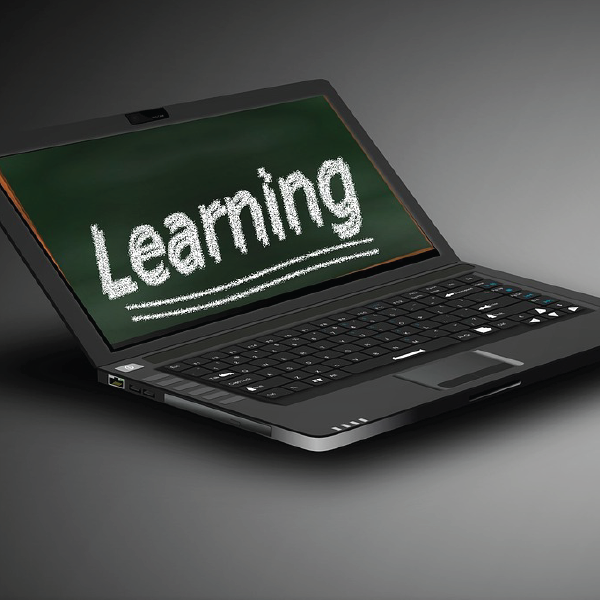Summary: Recency bias is type of cognitive bias that gives emphasis or greater importance for events that happened recently over ones that took place a long time ago. Examples may include the recent performance of stocks compared to ones from several years ago. Originator: Amos Tversky and Daniel Kahneman [iii] in the early 1970s. Keywords: recency bias, […]
Dunning-Krueger Effect
The Dunning-Krueger Effect is a cognitive bias that provides people with limited competence the illusion that they are better than they actually are; in other words, people naturally overestimate their own lack of ability (one is blind to their own foolishness) in “Mount Stupid.” Originators: Social psychologists David Dunning and Justin Kruger (1999) Summary: A […]
Cognitive Theory of Multimedia Learning (Mayer)
Summary: A cognitive theory of multimedia learning based on three main assumptions: there are two separate channels (auditory and visual) for processing information; there is limited channel capacity; and that learning is an active process of filtering, selecting, organizing, and integrating information.
Metacognition (Flavell)
Metacognition is defined in simplest terms as “thinking about your own thinking.” The root “meta” means “beyond,” so the term refers to “beyond thinking.” Specifically, this means that it encompasses the processes of planning, tracking, and assessing your own understanding or performance. The phrase was termed by American developmental psychologist John H. Flavell in 1979, […]
Situated Cognition (Brown, Collins, & Duguid)
Summary: Situated cognition is the theory that people’s knowledge is embedded in the activity, context, and culture in which it was learned. It is also referred to as “situated learning.” Originators & proponents: John Seely Brown, Allan Collins, Paul Duguid Keywords: activity, authentic domain activity, authentic learning, cognitive apprenticeship, content-specific learning, context, culture, everyday learning, […]
Albert Bandura Biography
In 2014, Canadian psychologist Albert Bandura was ranked number one atop a list of the Top 100 Eminent Psychologists of the Modern Era, published in the Archives of Scientific Psychology. [7] . Former president of the American Psychological Association, winner of numerous awards and more than sixteen honorary degrees and widely held as one of the […]
Expertise Theory (Ericsson, Gladwell)
Expertise theory specifies how talent develops across specified fields or domains, focusing on cognitive task analysis (to map the domain), instruction and practice, and clearly specified learning outcomes against which one can objectively measure the development of expertise.
Cognitive Tools Theory (Egan)
Summary: There exist five kinds of understanding (or cognitive tools) that individuals usually master in a particular order during the course of their development; these have important educational implications. Originator: Kieran Egan, a Professor at Simon Fraser University, proposed his theory of cognitive tools as part of a sustained program of writing and research on […]
E-Learning Theory (Mayer, Sweller, Moreno)
E-learning theory consists of cognitive science principles that describe how electronic educational technology can be used and designed to promote effective learning. Contents Contributors History Key Concepts Resources and References Contributors Richard E. Mayer Roxana Moreno John Sweller History The researchers started from an understanding of cognitive load theory to establish the set of principles […]
Information Processing Theory
Information processing theory discusses the mechanisms through which learning occurs. Specifically, it focuses on aspects of memory encoding and retrieval. Contents Contributors Key Concepts Resources and References Contributors George A. Miller (1920-2012) Atkinson and Shriffin (1968) Craik and Lockhart (1972) Bransford (1979) Rumelhart and McClelland (1986) Key Concepts The basic idea of Information processing theory […]






